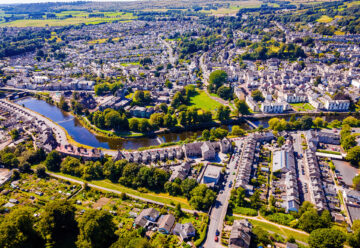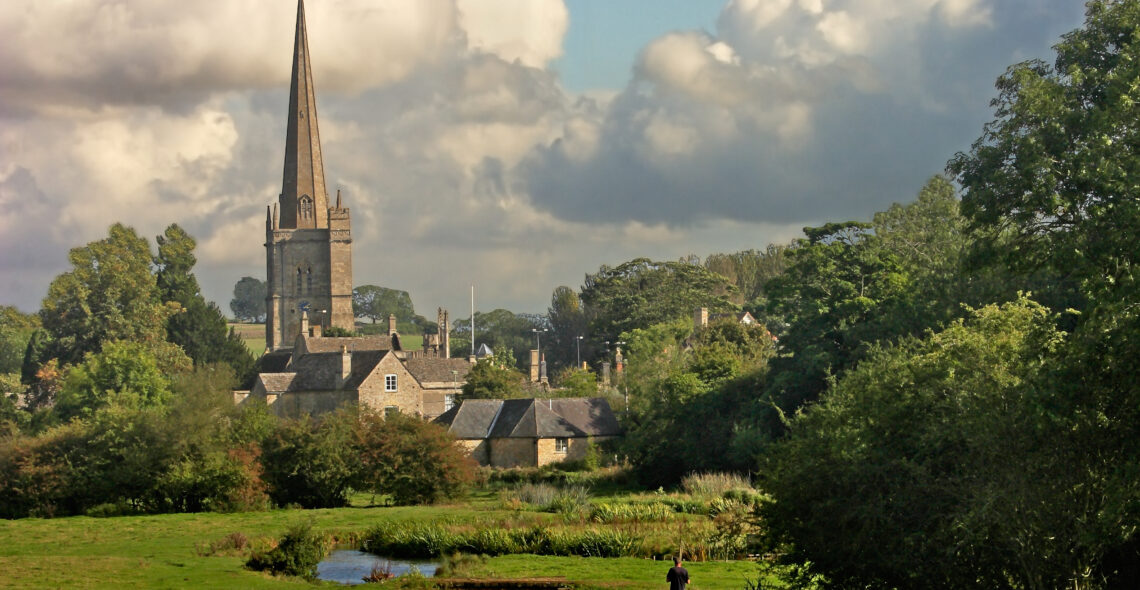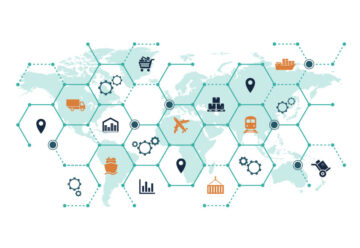LONDON, UK, 26 June 2024
Neos Networks, one of the UK’s leading business connectivity providers, and Oxfordshire County Council, today announced an update on the county’s ‘GigaHubs’ project. Initially announced in 2021, GigaHubs aims to enhance digital and social inclusion by providing gigabit-capable connectivity to eligible rural public sector buildings, such as schools, GP surgeries, and libraries.
Utilising its high-capacity fibre network and solutions, and aggregating local fibre networks from Openreach, Virgin Media Business and Gigaclear, Neos Networks has now provided full fibre connectivity to 180 out of 193 public buildings contracted. The initial project, delivered by the end of 2023, saw 175 GP practices, schools, libraries and community centres connected to full fibre. However once deployed, Neos was engaged to extend connectivity to a further 18 rural sites in the county that were previously only connected via copper-based services. The fibre networks are now enabling faster provisioning of public services at a fraction of the cost due to Neos’ network rationalisation of services and ability to access an extremely competitive supply chain.
This marks the first stage in a 20-year partnership between Neos and the council aiming to achieve the authority’s vision of a ‘Smart County’. Notably, the GigaHubs project is the first majority council-funded project aimed at improving the service offering available at local sites. The project has so far seen £5m investment from Oxfordshire County Council, £2m from the Department for Digital, Culture, Media & Sport’s ‘Project Gigabit’, and a further £250k from the Local Enterprise Partnership.
In addition, to aid Oxfordshire’s connectivity ambitions and mark the successful rollout of infrastructure so far, Neos Networks has also provided £20,000 to an initiative purchasing new IT equipment for the council’s public libraries. The IT equipment can be used by staff and residents, enabling the connected hubs to become key pillars of community activity.
Craig Bower, Digital Infrastructure Consultant at the council said, “Partnering with Neos has been instrumental in our journey towards a smarter Oxfordshire. By leveraging their high-capacity fibre solutions and expertise as a network aggregator, we’ve streamlined our networks and paved the way for a plethora of smart use-cases we’re currently exploring. This was by no means your typical supplier-buyer relationship and we’ve developed a deep and consultative working relationship with Neos throughout the process.”
David Bruce, CRO, at Neos Networks said, “We’re delighted to see Oxford’s GigaHubs project start to bear fruit and that residents, businesses and tourists across the county can now access fast, reliable connectivity across so many of the most important spheres of public life. Oxfordshire’s clarity of vision and commitment to enhancing connectivity for both the unconnected and industry alike should be a model for other local authorities up and down the country to follow.”




































 ';
';













